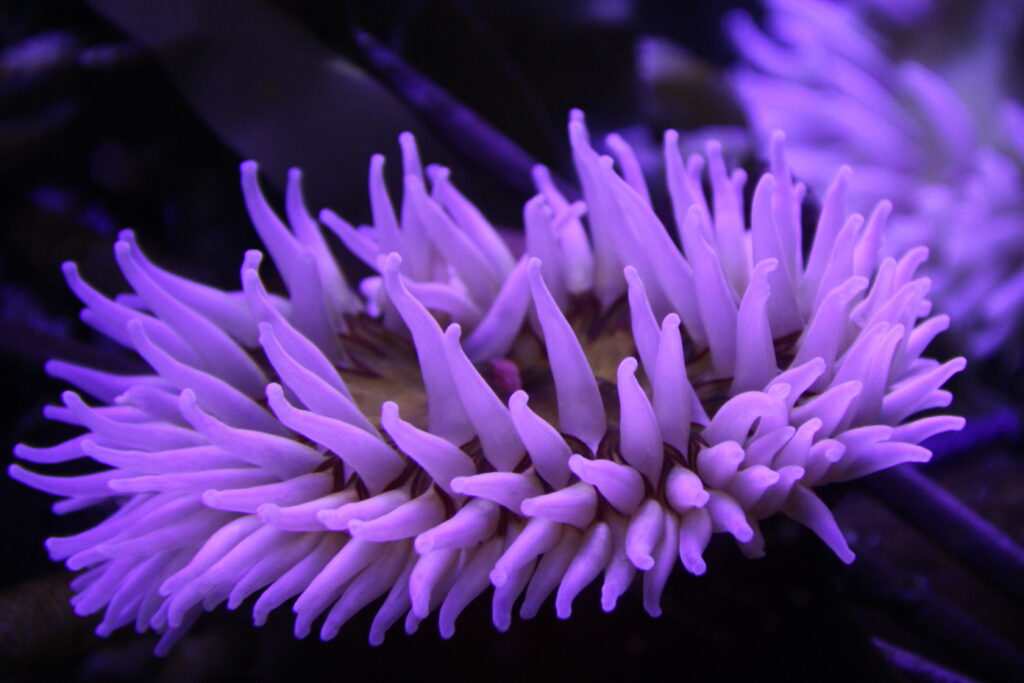Reporting on how the two life-forms respond in one of the first-of-its-type in situ studies, Meron et al. state that “it appears that elevated CO2 does not have a negative influence on A. viridis that live naturally in the [very CO2-enriched] site.” And they say that “this suggests that natural long-term exposure and dynamic diverse microbial communities may contribute to the acclimation process of the host in a changing pH environment”… Read More
Surface Activity on the South-Central Greenland Ice Sheet (16 Jul 2013)
Do new data provide evidence for ice sheet slow death or ice sheet slow growth? An Ohio State University researcher reports that the most recent data show that thinning rates are slowing at several sites just east of the ice sheet divide, and that the elevation at the divide continues to increase… Read More
How Much Heat Can Amazon Tree Species Take and Still Survive? (16 Jul 2013)
The authors of this study conclude that “the remarkably old age of [certain] species suggests that Amazon forests passed through warmth similar to [that predicted by climate alarmists for] AD 2100 levels and that, in the absence of other major environmental changes, near-term high temperature-induced mass species extinction is unlikely [italics added]”… Read More
Plant Phenology in a Warming World: Keeping Up with the Heat? (16 Jul 2013)
In the face of a global warming that has been characterized in some circles (e.g., the United Nation’s Intergovernmental Panel on Climate Change) as the most dramatic of the past one to two millennia, in the words of the authors of this paper, “there is no indication that the 47 spring flowering plants we studied are delayed in their flowering by insufficient photoperiod or winter chilling requirements,” adding that “these plants continue to flower earlier apparently in direct response to increasingly warmer mean spring temperatures”… Read More
Atmospheric CO2 and Global Temperature: Which Leads Which When Change Occurs? (17 Jul 2013)
A new study of an old subject provides a compelling modern data-based answer. It would appear that the climate-alarmist case for changes in Earth’s atmospheric CO2 concentration causing changes in global air temperature still remains as weak as ever, as just the opposite appears to be the case in situations where there is absolutely no question about the timing of the two phenomena in terms of their temporal relationship to each other… Read More
Heat-Induced Stress in Corals is Exacerbated by Eutrophication (17 Jul 2013)
Reducing coastal eutrophication may help enable corals to survive greater heat stress… Read More
Climatic Implications of United Kingdom Streamflow Histories (17 Jul 2013)
Based on their analysis, the two researchers of this report indicate that some of their findings “resonate” with observed rainfall changes and potential future climate change. However, they say that “the lack of any obvious tendency towards decreasing river flows (for summer and for low flows especially) is in apparent contrast to expectations for the relatively near future under climate change scenarios”… Read More





